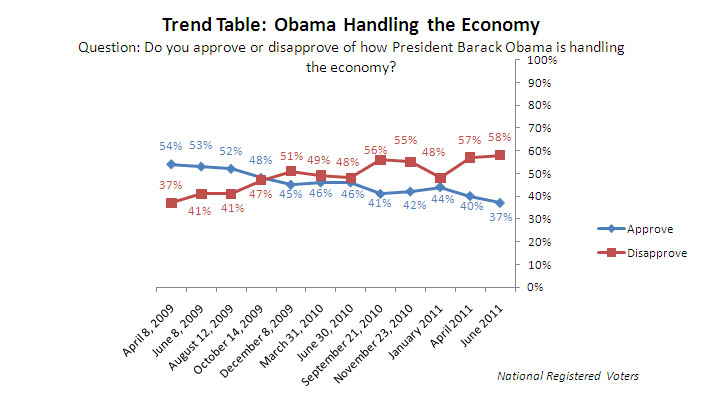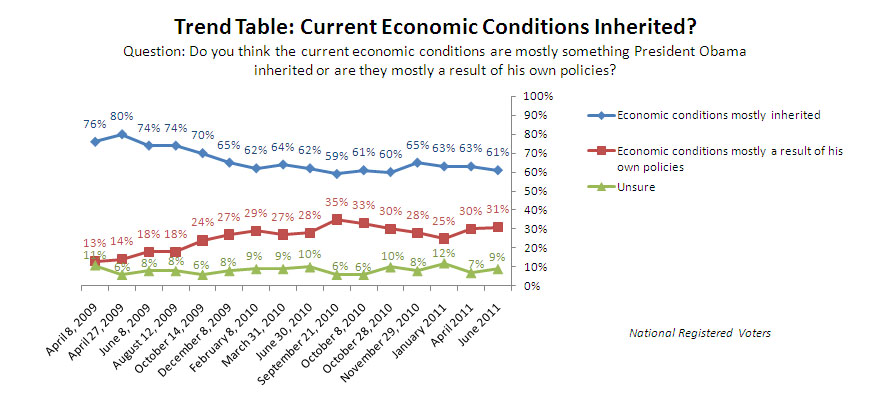By John W. Whitehead
On May 26, 1776, John Adams, who represented Massachusetts at the Second Continental Congress, wrote exultantly to his friend James Warren that “every post and every day rolls in upon us independence like a torrent.” Adams had reason for rejoicing, for this was what he and others had hoped and worked for almost since the Congress had convened in May of the previous year. It helped, to be sure, that George III had proclaimed the colonies in rebellion and this encouraged the Americans to take him at his word. Later, George Washington proceeded to drive General Howe out of Boston. This demonstrated that Americans need not stand on the defensive, but could vindicate themselves in military strategy quite as well as in political.
However exciting to some, America was going through the difficult process of being born. In any event, the stage of history was being set. On June 7, 1776, Richard Henry Lee of Virginia introduced three resolutions calling for independence, foreign alliances, and confederation. Some wanted unity and voted to postpone the final vote for three weeks. This allowed time for debate and for the hesitant and fainthearted to come over or step out. Meantime, Congress appointed a committee to prepare “a Declaration of Independence.” This committee consisted of Benjamin Franklin, John Adams, Roger Sherman, Robert Livingston, and Thomas Jefferson.
Jefferson had come to the Continental Congress the previous year, bringing with him a reputation for literature, science, and a talent for composition. His writings, said John Adams, “were remarkable for their peculiar felicity of expression.” In part because of his rhetorical gifts, in part because he already had a reputation of working quickly, in part because it was thought that Virginia, as the oldest, the largest, and the most deeply committed of the states, should take the lead, the committee unanimously turned to Jefferson to prepare a draft declaration.
We know a great deal about the composition of that draft. Jefferson wrote it standing at his desk (still preserved) in the second-floor parlor of a young German bricklayer named Graff, and he completed it in two weeks. We have his word for it that he “turned neither to book nor pamphlet” and that all the authority of the Declaration “rests on the harmonizing sentiments of the day, whether expressed in conversation, in letters, printed essays, or in the elementary books of public right, as Aristotle, Cicero, Locke, Sidney, etc.” We can accept Jefferson’s statement made fifty years later that the object of the Declaration was to be “an appeal to the tribunal of the world”–that “decent respect to the opinions of Mankind” invoked in the Declaration itself. However, in Jefferson’s words (as he wrote to James Madison in 1823), it certainly was “not to find out new principles, or new arguments, never before thought of; not merely to say things which had never been said before; but to place before mankind the common sense of the subject, in terms so plain and firm as to command their assent, and to justify ourselves in the independent stand we are compelled to take. Neither aiming at originality of principle or sentiment, nor yet copied from any particular and previous writing, it was intended to be an expression of the American mind, and to give to that expression the proper tone and spirit called for by the occasion.”
The Declaration of Independence, then, was an expression of the American mind that was prevalent in the colonies of that time. As Jefferson stated, the Declaration contained no new ideas, nor was there any originality in it on his part. He merely articulated what people of that day were thinking.
The basic elements of the American mind are set forth in the opening paragraphs of the Declaration of Independence. The Declaration opens by stating:
When in the Course of human events, it becomes necessary for one people to dissolve the political bands, which have connected them with another, and to assume among the powers of the earth, the separate and equal station to which the Laws of Nature and of Nature’s God entitle them, a decent respect to the opinions of mankind requires that they should declare the causes which impel them to the separation.
The opening paragraph of the Declaration states that the colonists are impelled or required to separate from Great Britain for certain reasons:
We hold these truths to be self-evident, that all men are created equal, that they are endowed by their Creator with certain unalienable Rights, that among these are Life, Liberty and the pursuit of Happiness.–That to secure these rights, Governments are instituted among Men, deriving their just powers from the consent of the governed,–That whenever any Form of Government becomes destructive of these ends, it is the Right of the People to alter or to abolish it, and to institute new Government, laying its foundation on such principles and organizing its powers in such form, as to them shall seem most likely to effect their Safety and Happiness. Prudence, indeed, will dictate that Governments long established should not be changed for light and transient causes; and accordingly all experience hath shewn, that mankind are more disposed to suffer, while evils are sufferable, than to right themselves by abolishing the forms to which they are accustomed. But when a long train of abuses and usurpations, pursuing invariably the same Object evinces a design to reduce them under absolute Despotism, it is their right, it is their duty, to throw off such Government, and to provide new Guards for their future security.
This preamble sums up with lucidity, logic, and eloquence the philosophy which presided over the argument for the American Revolution, the creation of a new political system, and the vindication of the rights of man–all in less than two hundred words. Here we find expressed what is universal rather than parochial, what is permanent rather than transient, in the American Revolution. Where most of the body of the Declaration is retrospective, the preamble is prospective. In the years to come, it would be translated into the basic institutions of the American republic.
Consider the opening words of the Declaration: “When, in the Course of human events…” That places it, and the Revolution, at once in the appropriate setting, against the backdrop of not merely American or British but universal history. That connects it with the experience of people everywhere–not only at a moment in history, but in every era. This concept of the place of American history is underlined by successive phrases of the opening sentence. It points to a future of hope and optimism.
Thus, the new nation is to assume its place “among the powers of the earth.” It is not the laws of the British empire, or even of history, but of “Nature and of Nature’s God” which entitled Americans to an equal station. Moreover, it is “a decent respect to the opinions of mankind” that requires this justification. No other political document of the eighteenth century proclaims so broad a purpose. No political document of our own day associates the United States so boldly with universal history in the cosmic system.
The American mind of the colonial period did not acknowledge a different order of truth, one for the lofty realms of mathematics, another for the more earthbound regions, and still another for society, politics, and the economy. While clearly discernible in the natural world, the cause of “Nature and of Nature’s God” applied equally to the world of politics and to the law. Benjamin Franklin, as a young man, said:
How exact and regular is everything in the natural World! How wisely in every part contriv’d. We cannot here find the least Defect. Those who have studied the mere animal and vegetable Creation demonstrate that nothing can be more harmonious and beautiful! All the heavenly bodies, the Stars and Planets, are regulated with the utmost Wisdom! And can we suppose less care to be taken in the Order of the Moral than in the natural System?
From such a God-ordered system, certain truths are self-evident. To Jefferson, these self-evident truths formed a total reality. He listed seven of them:
1. That all men are created equal;
2. That human beings are endowed by their Creator with “unalienable” rights;
3. That these rights include life, liberty, and the pursuit of happiness;
4. That it is to secure these rights that government is instituted among men;
5. That governments are instituted to derive their powers from the consent of the governed;
6. That when a form of government becomes destructive of these ends, it becomes illegitimate and a citizenry may alter or abolish it; and,
7. That people have the right, then, to institute new governments designed to effect their safety and happiness.
Continue reading →


